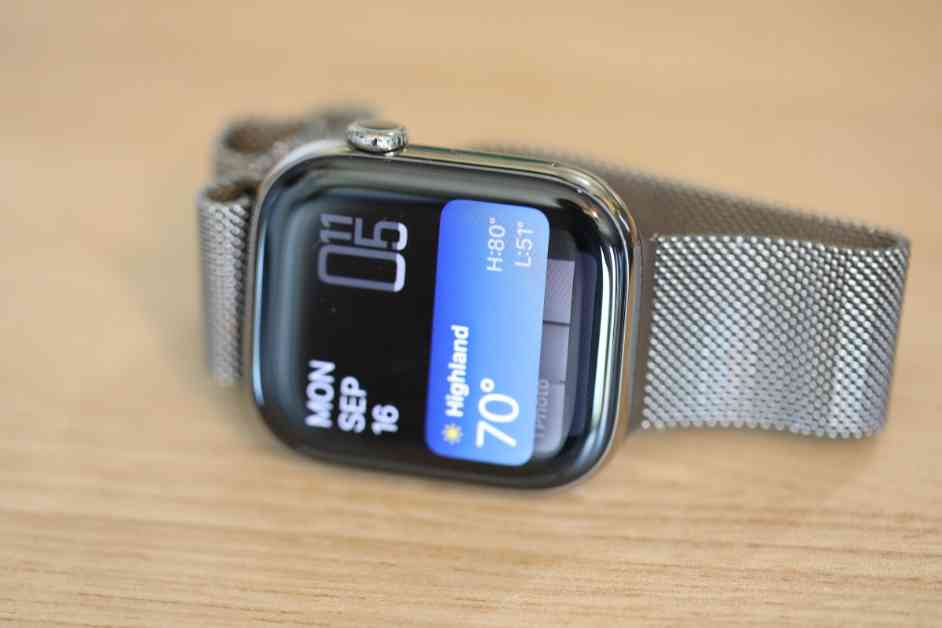Apple emerged victorious in a recent $250 million patent trial against Masimo, with a federal jury ruling that Masimo smartwatches had infringed on Apple patents. Despite this ruling, Apple was only awarded the statutory minimum of $250, as the company’s attorney, John Desmarais, made it clear that they were not seeking a big payday but rather aiming to stop Masimo from copying their design.
Although the jury found that Masimo’s original design for the W1 Freedom and health module, as well as its charger, infringed on Apple’s patents, Masimo pointed out that these findings only applied to a discontinued module and charger, not their current products. In fact, Masimo considered the jury’s verdict a victory, as Apple had primarily sought an injunction against their current products.
The legal battle between Apple and Masimo began with Masimo’s claim that Apple Watch’s pulse-oximetry feature infringed on their patents. This feature allows Apple Watch owners to measure their blood oxygen levels. In response, Apple disabled the feature in certain models and is appealing an import ban on models with the contested feature. Desmerais emphasized to the jury that the pulse-oximetry feature was not relevant to the case at hand.
It is important to note that the outcome of this trial could have significant implications for the tech industry as a whole. The issue of patent infringement is a common one in the tech world, with companies often resorting to legal action to protect their intellectual property. This case serves as a reminder of the importance of respecting intellectual property rights and the consequences of infringing on them.
Moving forward, it will be interesting to see how both Apple and Masimo adjust their strategies in light of this ruling. Will Apple continue to pursue legal action against Masimo, or will they seek a different approach to protect their patents? Similarly, how will Masimo respond to the verdict and ensure that their current products do not infringe on Apple’s patents?
Overall, the outcome of this trial highlights the complexities of patent law and the challenges that tech companies face in protecting their innovations. It serves as a cautionary tale for companies to be diligent in conducting thorough patent searches and ensuring that their products do not infringe on existing patents. By upholding intellectual property rights, companies can foster innovation and competition in the tech industry, ultimately benefiting consumers and driving technological advancements.











